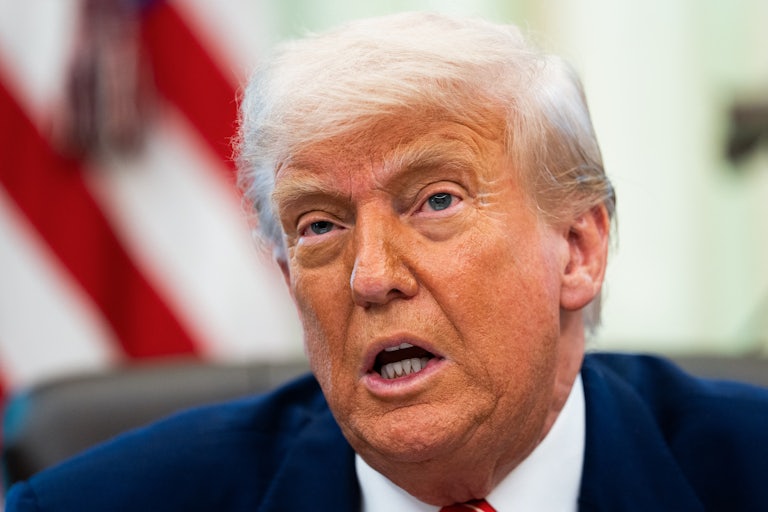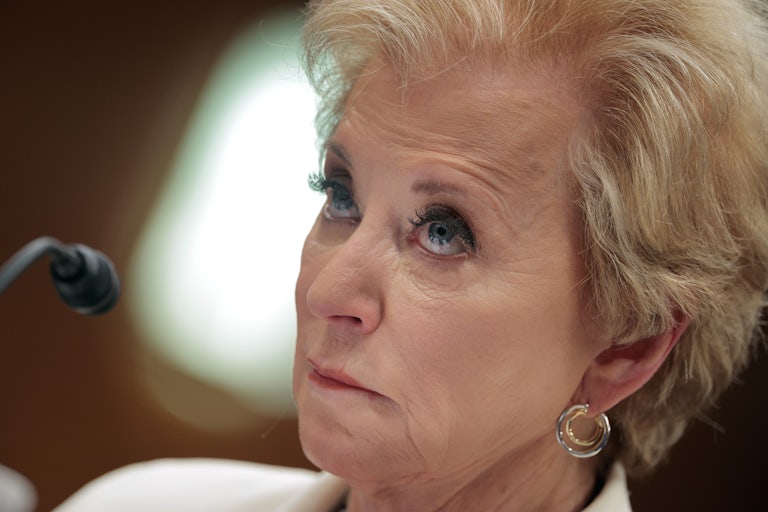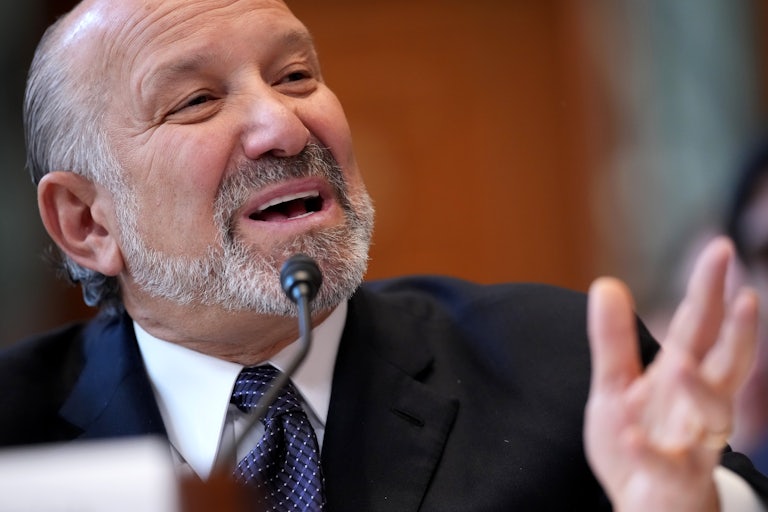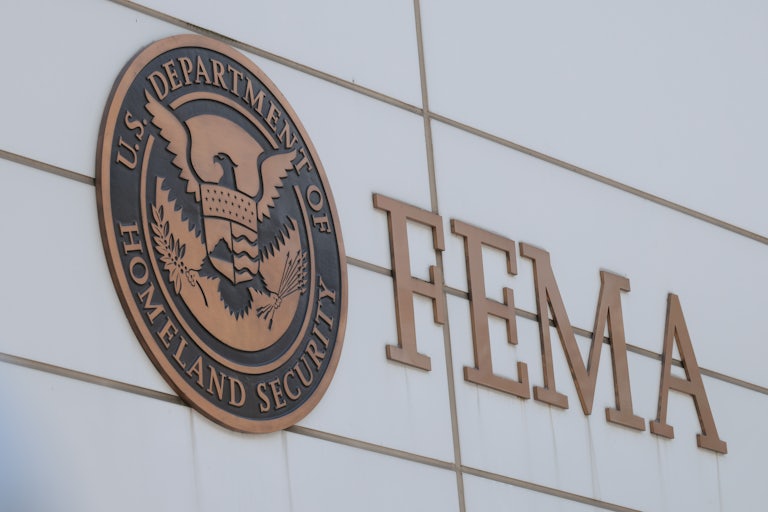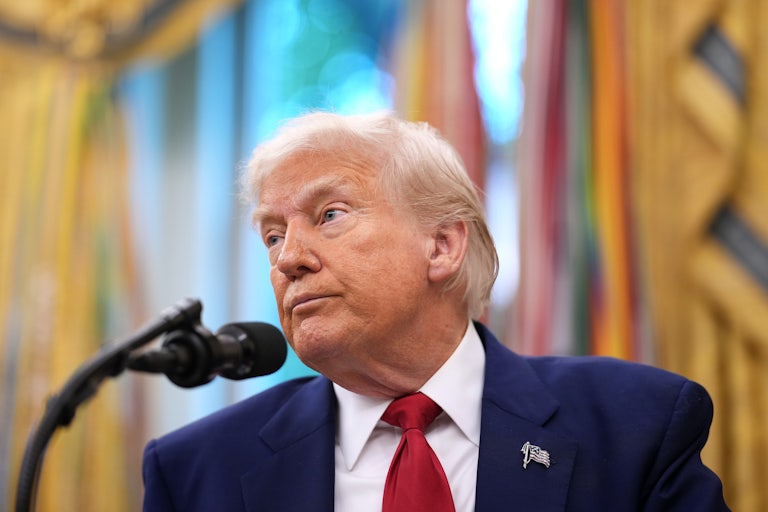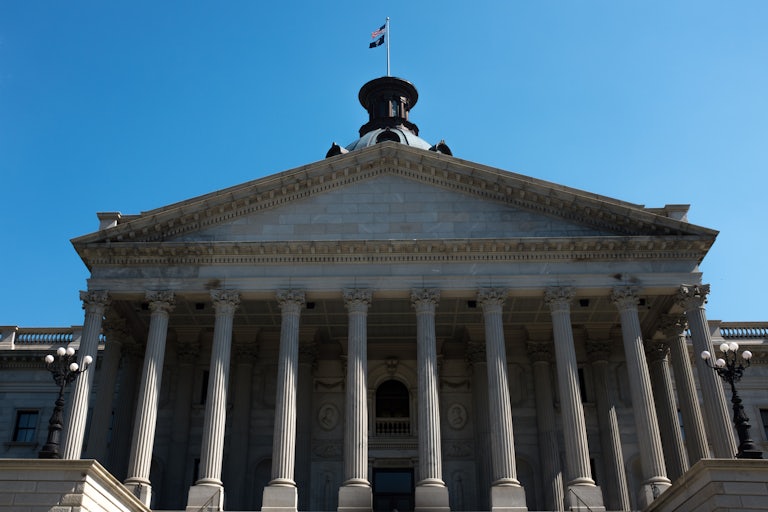Trump’s Latest Attack on Columbia Could Shut It Down Completely
Columbia University gave Donald Trump everything he wanted. He’s attacking them anyway.

Despite kowtowing and bowing its head, Columbia University is now the victim of more attacks from the Trump administration.
The Department of Education challenged the Ivy League school’s accreditation Wednesday, writing to the Middle States Commission on Higher Education, which accredits Columbia, that the university had violated civil rights law in its handling of on-campus protests supporting Palestine.
“After Hamas’ October 7, 2023, terror attack on Israel, Columbia University’s leadership acted with deliberate indifference towards the harassment of Jewish students on its campus,” said Education Secretary Linda McMahon in a statement. “This is not only immoral, but also unlawful.”
“Just as the Department of Education has an obligation to uphold federal antidiscrimination law, university accreditors have an obligation to ensure member institutions abide by their standards,” McMahon noted.
The request itself does not revoke Columbia’s accreditation. However, the government urged the Middle States Commission to “take appropriate action” if Columbia failed to come into compliance with Title VI of the Civil Rights Act of 1964. The university would be unable to operate without its accreditation.
The challenge comes as Columbia continues its fight to recoup hundreds of millions of dollars in federal funding canceled by the White House in March on claims that university leadership had promulgated antisemitism.
But Columbia University has proven to be just one of many targets that the Trump administration has singled out in its quest to subdue criticism of America’s involvement in Palestinian genocide. Individually, the administration went after Mohsen Mahdawi and Mahmoud Khalil, Palestinian student leaders at Columbia University who participated in the protests.
In April, a federal judge handed Mahdawi his freedom after he was arrested at what he thought was his citizenship interview, claiming that the uncharged scholar’s two-week detention was unfounded.
Last week, a district judge denied Khalil—a Columbia graduate student and green card holder—his request for a preliminary injunction to temporarily halt his deportation proceedings.


